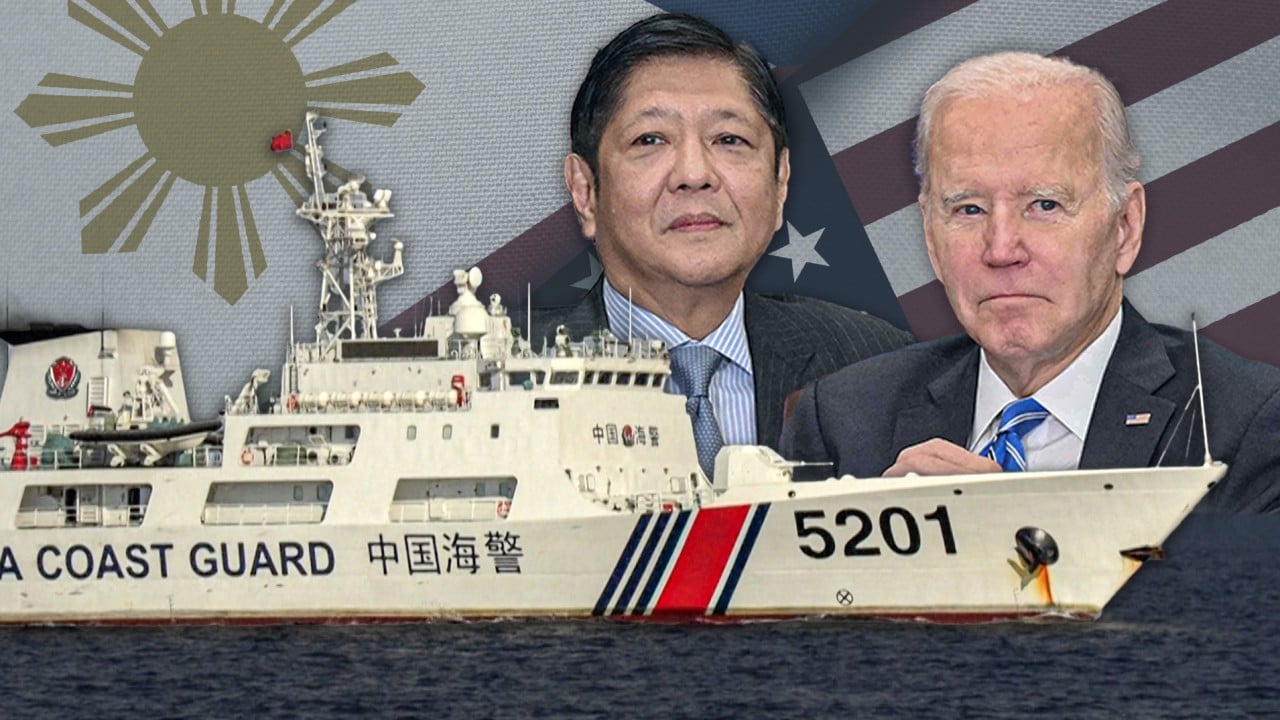US top official Antony Blinken arrives in South Korea to attend democracy summit
Seoul is one of Washington’s key regional allies, and the United States has stationed about 27,000 American soldiers in the South, to help protect it against the nuclear-armed North.
Seoul’s conservative President Yoon Suk-yeol has boosted ties with Washington and sought to bury the historical hatchet with former colonial power Japan to better guard against Pyongyang’s threats.
Blinken will meet South Korean Foreign Minister Cho Tae-yul, according to the ministry, for discussions that will cover how to boost the alliance, as Washington and Seoul explore how to improve their so-called extended deterrence against North Korea.
The ministerial sessions will be held on the first day, followed by panel discussions involving civic groups the next day. The leaders’ session will take place virtually on the last day.
The democracy summit has attracted some criticism due to its selective invitation list, which excludes countries that consider themselves democratic, such as Thailand and Turkey.
After Seoul, Blinken heads to Manila, a trip that will reaffirm “our unwavering commitment to the Philippine ally”, according to State Department spokesman Matthew Miller.
He will talk to local officials including President Ferdinand Marcos Jnr, with issues with China including over the South China Sea likely to top the agenda.
The US is redoubling efforts to improve long-standing ties with regional allies such as Manila, in an effort to counterbalance China.
Beijing recently accused Washington of using the Philippines as a “pawn” in the dispute over the South China Sea, after a series of clashes around bitterly-contested islets in the waters.
Is the Philippines becoming a US ‘proxy’ against Beijing in the South China Sea?
China claims almost the entire waterway, brushing aside competing claims from a host of Southeast Asian nations and an international ruling that has declared its stance baseless.
The South China Sea is strategically vital for several countries – including China – providing a key route for the import and export of essential fuel, food and other goods.
China has rapidly grown its naval forces in recent years, and snatched vast tracts of maritime territory, hoping to project its military and political power well beyond the country’s shores.
Additional reporting by The Korea Times
